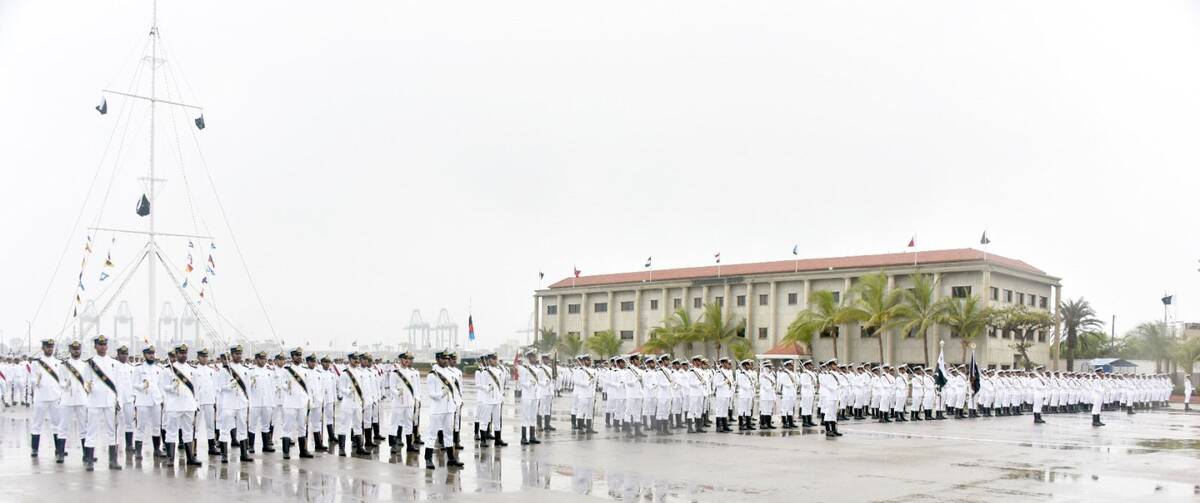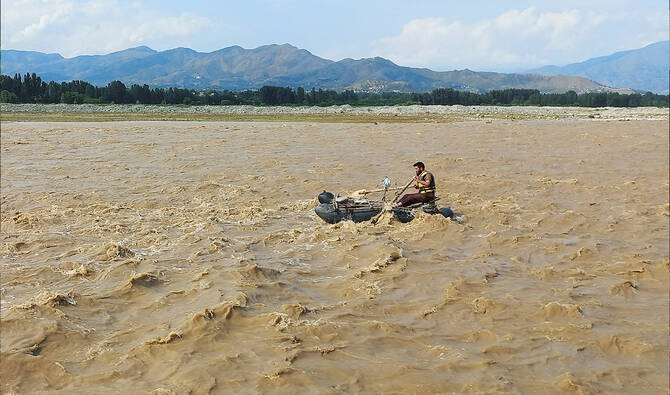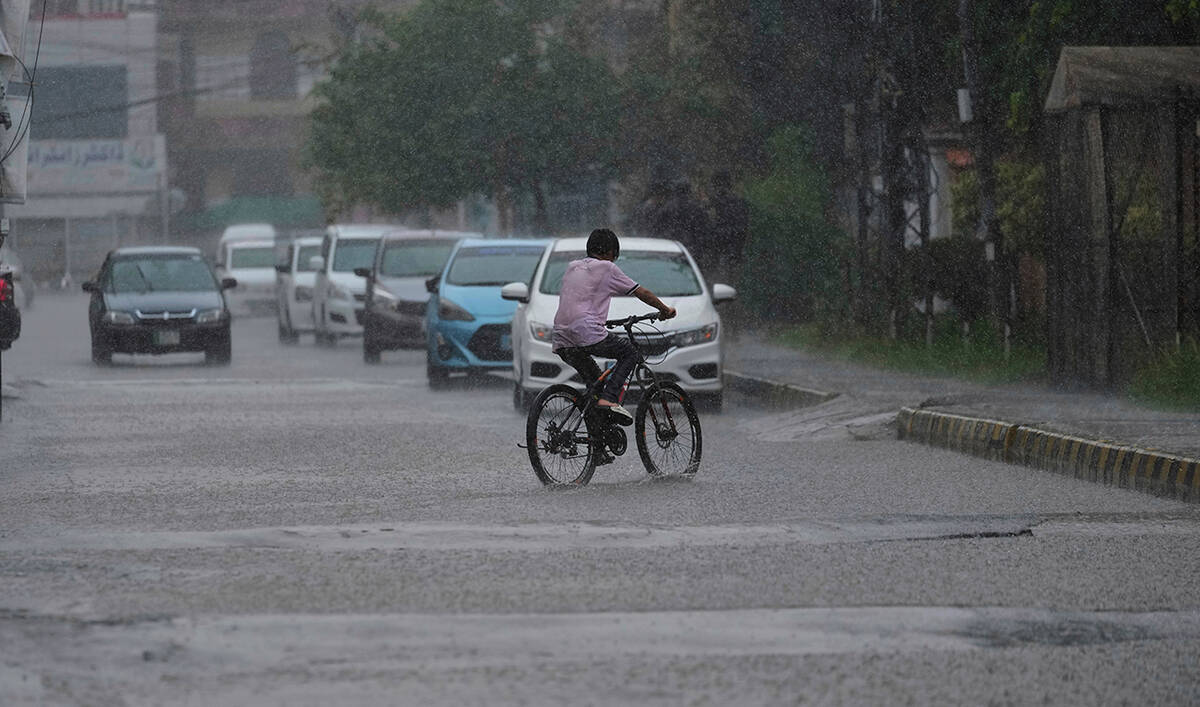ISLAMABAD: A senior Pakistani administration official said on Saturday that the country would receive nearly 17 million doses of AstraZeneca’s coronavirus vaccine during the first half of the year.
Announcing the “good news” in a Twitter post, Federal Minister for Planning, Development and Special Initiatives Asad Umar said he had received the intimation from the World Health Organization’s Covax forum designed to ensure equitable distribution of COVID-19 vaccines among developing countries.
Umar added that about six million of these doses was expected to be received by March, though their delivery would begin from next month.
Pakistan joined the global vaccine distribution scheme for low-income countries last year.
“We remain confident that we will meet our plan of large-scale immunization over the coming months this year,” Special Assistant to Prime Minister on National Health Services Dr Faisal Sultan was quoted by Reuters in one of its stories.
Earlier in the day, Pakistani media reported that the government would import the first batch of coronavirus vaccine by sending a special plane to China on Sunday.
According to Dawn newspaper, the issue came up for discussion during the daily meeting of the National Command and Operation Center. The forum also deliberated on the vaccine administration strategy across Pakistan and discussed necessary administrative measures for that purpose.
The first batch of the vaccine is expected to include 500,000 doses which will primarily be used to immunize frontline health workers who have been treating COVID-19 patients in the country.
“All necessary measures have been put in place for vaccine storage in Islamabad,” the newspaper quoted an official statement.
It added that the vaccine would be transported to various “federating units particularly to Sindh and Balochistan through air” in the next stage.
Pakistan's Foreign Minister Shah Mahmood Qureshi said earlier this month that China had promised to send 500,000 doses of the vaccine to the country by January 31.
He also applauded Beijing for providing technical assistance and medical expertise to help Pakistan deal with the debilitating respiratory disease.
According to the local media, the government has set up cells at provincial and district levels to undertake the vaccination campaign which would be supervised and coordinated by the NCOC.






















